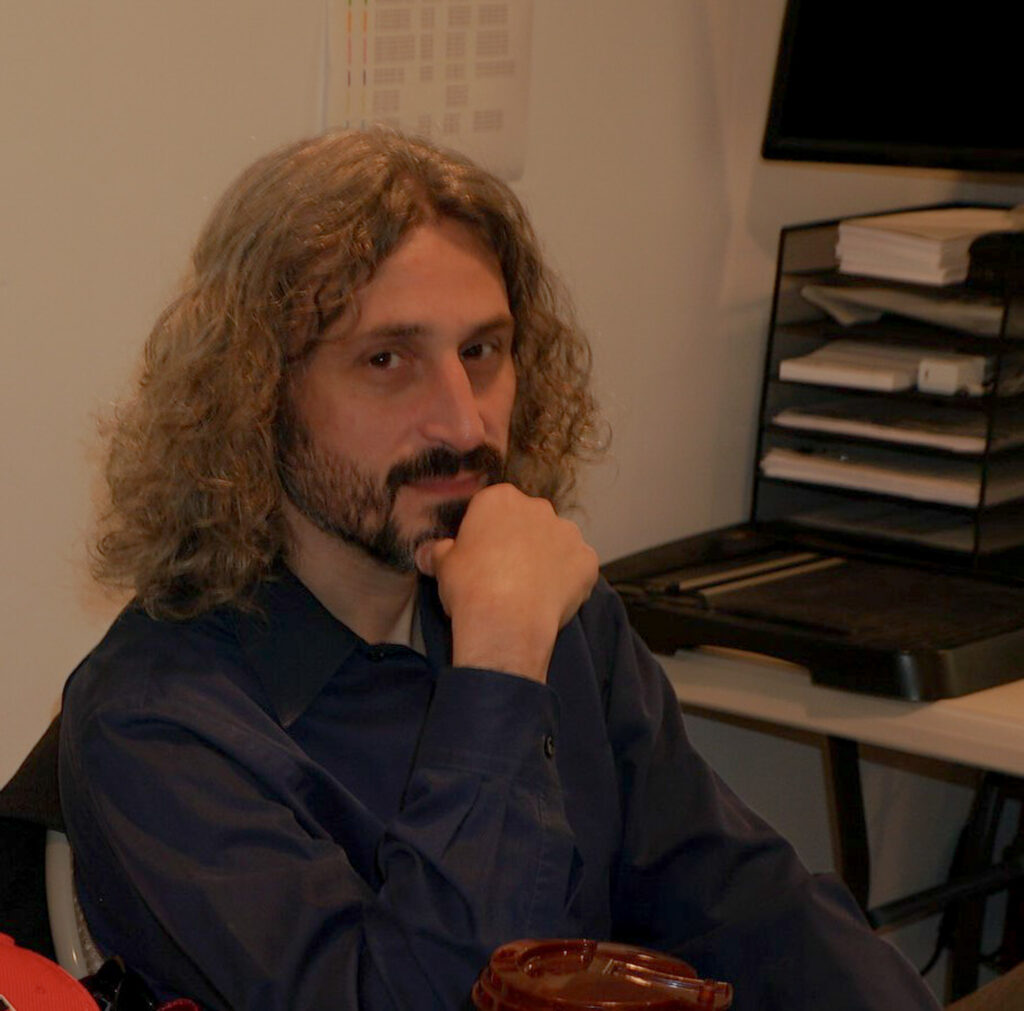
Letter to the editor: A different way of thinking about general education courses
By Richard Zdan
“How many of you are here because you want to be here and not just because this course satisfies a requirement?”
On the first day of every section of the sociological imagination course that I instruct, I pose some variation of this question to the class. If I am lucky, two or three students raise their hands.
The overwhelming majority of students are there to “check a box” in Degreeworks for a course they are inexplicably required to take despite it serving no purpose other than “time wasting.”
They just want to get through it quickly and with minimal effort so they can get back to the courses that will train them in the skills they will need in their chosen professions.
However, somewhere along the line, a funny thing happens. For those students who meaningfully engage with the course, a subtle and profound shift begins to occur in the way they perceive the social world around them. Hitherto, unnoticed relationships and patterns suddenly seem so obvious in the way they dominate our lives and our choices that students wonder how they had not seen them sooner. By the end of the semester, there are invariably more students in a given class of mine who go on to declare sociology minors or double majors than who had raised their hands on the first day to say they were in the class because they wanted to be. Even among the students who never take another sociology class, few are able to look at the world the same way they did before taking Sociological Imagination.
While I am disappointed in the results of the general education attitude survey cited in Hannah Newman’s article “Students reflect on general education courses” in the April 16 edition of The Rider News, I cannot say that I am surprised. General education courses, by their very nature, force students to study subjects and ways of thinking that are not immediately relevant to their majors. Since university education is widely perceived as a little more than training in a suite of skills that will help students land their first real job, students struggle to understand their value. Even Newman’s statement that the aim of general education requirements is to “prepare scholars for a wide variety of fields and professions, particularly if they do not go into jobs connected to their major” contextualizes the courses as a form of pre-employment training.
In my view, this all-too-common confounding of education with job training leads students to overlook the primary benefit of university education.
Courses in a student’s major are certainly important because they teach what is known and how things are done in a given discipline. However, a solid well-rounded general education curriculum provides the historical context, the ethical perspective and sociological imagination that facilitate adaptation and innovation within a given discipline.
Technical skills change, evolve and become obsolete with staggering rapidity. Consider how fast knowledge expands and new technologies are developed. It becomes obvious how quickly career-specific skills can become outdated without some form of continuing education. Unlike technical skills, however, critical thinking, problem solving and the ability to escape the tunnel vision imposed by a single disciplinary perspective never become obsolete.
For students who meaningfully engage with their general education requirements, one sociology class, literature class or chemistry class can forever change the way they perceive the world. Not only does this altered perspective make students better, more well-rounded and more interesting people, but it is also what will most effectively differentiate them from the 100 other people with the same major competing for the same position when they hit the job market.

Richard Zdan is an assistant sociology professor, lecturer at Rider University



